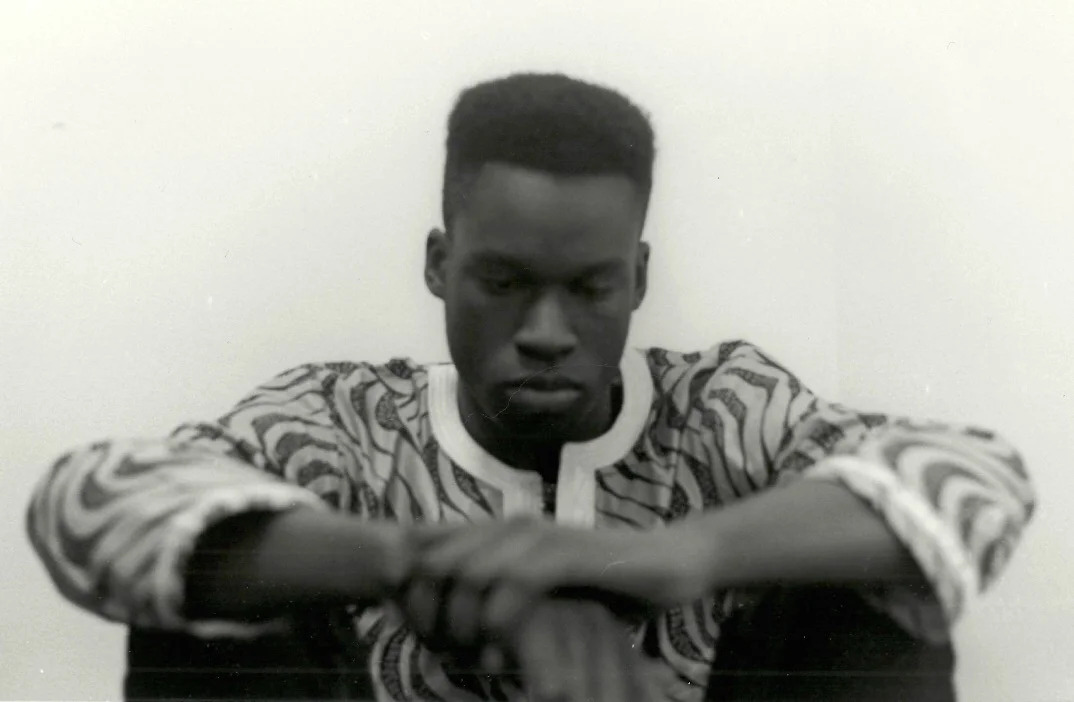It only took three days for Catherine to die after her doctor pulled her off anti-depressants. It’s cruel to call her a death a suicide, and it’s hard for me to explain that that’s what took the life of my friend with the notoriously radiant smile. She had gotten the help she needed a long time ago, took her mental health seriously throughout all of high school, and seemed to know herself and her limits with a level of perception not often seen in teenagers. That’s why, two years after her death, I still can’t come to terms with the fact that Catherine died through suicide.
I think the only, very slim, silver lining to the tragedy of Catherine’s death was that it gave me the necessary punch in the gut to recognize that I needed my depression medication regularly. After a six-month progression of an anxiety/depression disorder, I began to have suicidal thoughts. Those thoughts felt abstract and urgent. They weren’t spoken in my mind—they were screamed. Before Catherine died, I had received help through talk therapy because I was too stubborn to actually treat what is, in fact, a clinical disease.
Until I was nineteen, I couldn’t even swallow a pill. Well I could, but it would have to be hidden in food, kind of like how you feed pills to your dog. Then, my sophomore year of college, I had to get comfortable taking pills.
It took me a long time to come to grips with the fact that I need to be on behavioral medicine. This is my call for anyone who had enough curiosity about SSRIs to click this article: Take your mental health seriously and don’t let the the burden of stigmas keep you from getting the help you need.
When my psychiatrist wrote me a prescription for 50mg of Zoloft daily, I waited for a week to get it filled. The slip of paper sat on my chest of drawers taunting me and reminding me that I really couldn’t do it alone anymore. Or at least that’s how I felt when I swallowed the blue pill for the first time—slipped into my mouth along with a Ritz cracker.
I’ve been on the same prescription for two years now, and I consider myself lucky when I think about how well it works. A lot of people I know who take behavioral medicine had to go through a grueling process of changing medications every few months before they found one that actually worked. It’s daunting to think about having to wait two weeks before you can really know whether or not a pill is going to work for you, but that step is the first on the road to improving your well-being.
About two weeks after I took my first pill, the day stopped stretching endlessly before me when I woke up in the morning, and laughing at a friends’ jokes felt a little less forced. By treating my brain like an organ that needed medical attention, just like any other part of my body, I was able to reclaim agency over my happiness. My only regret is that I didn’t allow myself this sooner. I hope that by reading this, you are inspired to learn to take pills if you need to.
Text by Annie Armstrong
Photography by Ebrima Manjang




